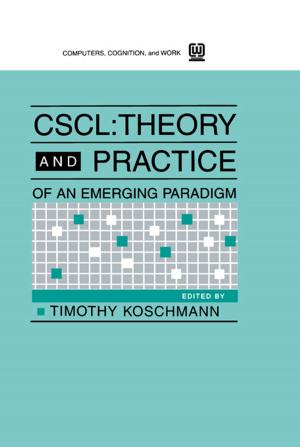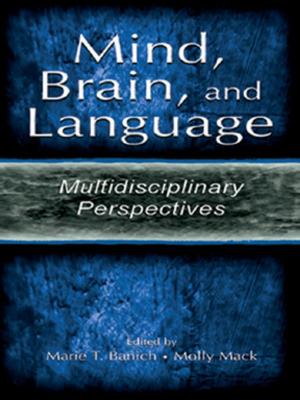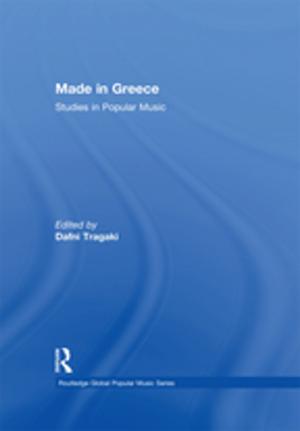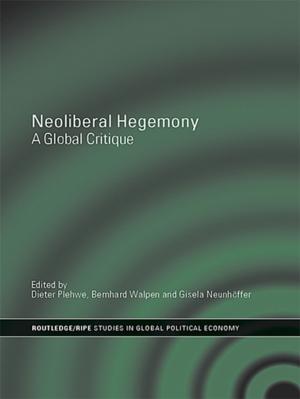| Author: | Lesley Caldwell | ISBN: | 9780429910975 |
| Publisher: | Taylor and Francis | Publication: | April 19, 2018 |
| Imprint: | Routledge | Language: | English |
| Author: | Lesley Caldwell |
| ISBN: | 9780429910975 |
| Publisher: | Taylor and Francis |
| Publication: | April 19, 2018 |
| Imprint: | Routledge |
| Language: | English |
This volume in the Winnicott Studies series is dedicated to the life and work of Marion Milner and reflects, in varying ways, her unique use of Winnicott's work to shape her own thinking about art and creativity. Among the papers here are contemporary reviews of Milner's books by both Winnicott and the poet W.H. Auden - the latter providing fascinating insights into his own views on psychoanalysis. Malcolm Bowie discusses Winnicott's legacy to psychoanalysis and art; Adam Phillips writes on 'Winnicott's Hamlet' and John Fielding tackles another Shakepearean theme in examining Othello. The book also contains papers by the distinguished British authors Michael Podro and Ken Wright, several appreciations of Marion Milner by those who knew and worked with her, and an illuminating introduction by Lesley Caldwell drawing together the book's themes. The papers in this volume are united by a very Winnicottian concern with aliveness, and with art. They are both a fitting tribute to Marion Milner and a testimony to the range and depth of work taking place under the aegis of The Squiggle Foundation.
This volume in the Winnicott Studies series is dedicated to the life and work of Marion Milner and reflects, in varying ways, her unique use of Winnicott's work to shape her own thinking about art and creativity. Among the papers here are contemporary reviews of Milner's books by both Winnicott and the poet W.H. Auden - the latter providing fascinating insights into his own views on psychoanalysis. Malcolm Bowie discusses Winnicott's legacy to psychoanalysis and art; Adam Phillips writes on 'Winnicott's Hamlet' and John Fielding tackles another Shakepearean theme in examining Othello. The book also contains papers by the distinguished British authors Michael Podro and Ken Wright, several appreciations of Marion Milner by those who knew and worked with her, and an illuminating introduction by Lesley Caldwell drawing together the book's themes. The papers in this volume are united by a very Winnicottian concern with aliveness, and with art. They are both a fitting tribute to Marion Milner and a testimony to the range and depth of work taking place under the aegis of The Squiggle Foundation.















